TABLE OF CONTENTS
Organic cannabis is prized for its intense aroma, powerful flavors, high potency, and smooth smoke.
If you want to grow the best possible cannabis outdoors, there's one way to go: organic nutrients and fertilizer.
Cut out the synthetics and help your cannabis yield. Here are some of the best cannabis fertilizer products for your outdoor grow that are organic and better for your health.
What Are Organic Fertilizers?
Organic fertilizers are derived from natural substances. Here are some of the most common organic materials used to feed your plant.
- Fish emulsion: Fish emulsion is made from decomposed fish and has a high concentration of nitrogen, which is great for the vegetative stage.
- Bat guano: Bat guano is feces from a bat and can be relatively expensive. It contains a high percentage of nitrogen and some phosphorus and potassium.
- Bone meal: It is made from ground animal bones and contains high potassium and phosphorus concentration.
- Blood meal: Bone meal is a dry and inert material derived from blood and has high nitrogen concentration.
- Manure: Manure from pigs, chickens, or cows, are rich in nitrogen which are helpful for vegetative growth.
- Worm castings: Worm castings are rich in nitrogen, phosphorus, and potassium and are great for an outdoor grow setup.
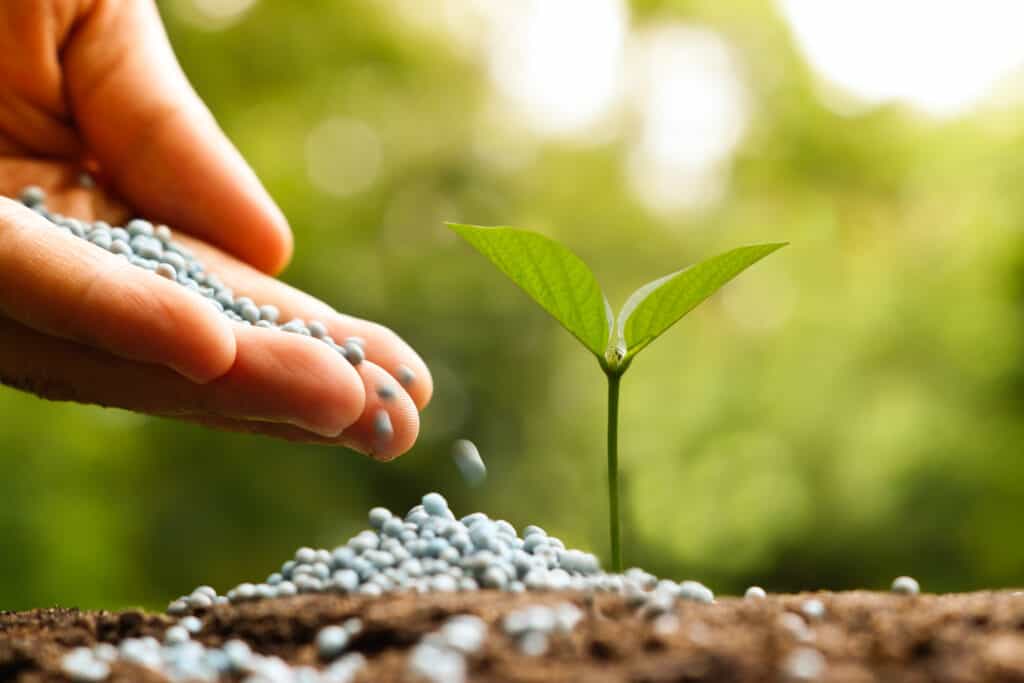
Best Cannabis Fertilizer Products For Outdoor Growing
1. General Hydroponics General Organics Go Box
General Organics Go Box from General Hydroponics gives cannabis growers a complete line of high-quality and organic plant food and supplements.
The GO Box starter kit comes with 16 oz BioThrive Grow and Bloom fertilizers and 8oz samples of every GO liquid supplement, including CaMg+, Bio Root, Bio Weed, Bio Bud, Bio Marine, and Diamond Black.
2. Down to Earth Blood Meal
Down to Earth blood meal fertilizer mix (12-0-0) is an excellent source for nitrogen. It's meant to add vigor and color to your cannabis plants. If your plant leaves are starting to turn yellow or pale green, they may be suffering from nitrogen deficiency.
This blood meal fertilizer mix can increase the production of amino acids and chlorophyll.
3. Humboldt’s Secret Golden Tree: All-In-One Concentrated Organic Additive
Humboldt's Secret Golden Tree produces this all-in-one concentrated organic additive in a variety of quantities from 2 to 64 oz containers and even up to 5-gallon bottles. Golden Tree’s organic additive can improve soil/foliar nutrient conditions to ensure better yields.
In addition, it can improve plant establishment, nutrient uptake, and abiotic stress tolerance. This additive can work in soil-based and soilless systems.
4. Dr. Earth Organic Bud & Bloom Fertilizer
Dr. Earth's Organic Bud and Bloom fertilizer (3-9-4) is available in 1, 4, 12, and 50 lb bags. This dry fertilizer provides exceptional yields with its fast-release nutrients while other nutrients can last up to several months in the soil.
Made from fish bone meal, feather meal, alfalfa meal, soft rock phosphate, and mined potassium sulfate, this fertilizer can be used as a standalone flowering supplement. It contains TruBiotic beneficial soil microbes plus mycorrhizae. This is one of the best fertilizer for outdoor growing.
5. Epsoma TR4 Tree-Tone 6-3-2 Plant Food
Epsoma’s organic Tree-Tone fertilizer contains 15 essential nutrients to promote healthy cannabis plant growth. This plant food should be administered to established plants. Comes in a two pack.
All you have to do is spread the food over the root area and let the slow-release formula slowly release the nutrients to feed your plants. This contains feather meal, poultry manure, bone meal, and alfalfa meal.
6. Down to Earth Crab Meal Fertilizer
Down to Earth’s all-natural crab meal fertilizer (4-3-0) stimulates plant growth and improves soil microorganism populations. Down to Earth’s crab meal is a byproduct of the west coast crab harvest and a great source of nutrients for your cannabis plants.
Its coarse texture is great for improving aeration, drainage, and soil tilth. It is also slow-release so your plants can enjoy the nutrients throughout the vegetative and flowering stage. Down to Earth is known for making some of the best fertilizer for outdoor growing in the market.
7. Down to Earth All Natural Fish Meal Fertilizer
Down to Earth’s natural fish meal fertilizer (8-6-0) is ideal for cannabis plants. It promotes beneficial soil microbial life and stimulates strong root development. It is a great source of two of the main nutrients needed for plant growth: phosphorus and nitrogen. It also provides 5% calcium to your plants.
Those are some of the best fertilizers on the market today for growing cannabis.
Here are answers to frequently asked questions about cannabis fertilizer.
What are some of the best fertilizer for growing weed?
Some of the best fertilizers for growing weed are made from: Canna, Dyna-Gro, Dr. Organics Living Soil, and Down To Earth.
What nutrients do cannabis plants need?
Like other plants, cannabis plants need a variety of crucial nutrients to flourish. Both macronutrients and micronutrients belong to this group of nutrients. Here is an explanation:
Macronutrients:
Nitrogen (N) is essential for vegetative development. It is a crucial part of proteins, amino acids, and chlorophyll. Nitrogen is essential to cannabis plants throughout the vegetative stage, but less so during the flowering stage.
Phosphorus (P) is necessary for plant energy transfer, root growth, and blooming. Cannabis plants often need extra phosphorus during the flowering stage.
Protein synthesis and photosynthesis depend on potassium (K). It contributes to the plant's general health and vigor as well as to the development of disease resistance.
Calcium (Ca): Essential for the growth of cell walls and aids in potassium absorption.
Magnesium (Mg) is an essential mineral for photosynthesis and a key part of the chlorophyll molecule.
Sulfur (S): A necessary component of several enzymes and amino acids.
Iron (Fe) is a micronutrient that is important for producing chlorophyll and is also involved in a number of enzymatic activities.
The formation of chloroplasts and the breakdown of enzymes both depend on manganese (Mn).
For the strength and production of cell walls, boron (B) is essential.
Zinc (Zn): Supports the production of enzymes and plant growth hormones.
Important for photosynthesis and a number of enzymatic processes is copper (Cu).
Molybdenum (Mo): Facilitates effective utilization of nitrogen.
Although not generally seen as a necessary nutrient, silicon (Si) can increase a plant's ability to withstand stress.
Additional factors:
Water quality: It's important to have water with the right pH values. For hydroponics and soil, the ideal pH ranges for cannabis are 6.0 to 7.0 and 5.5 to 6.5, respectively.
Air: CO2 is a key component of photosynthesis for cannabis plants.
One for the vegetative phase and one for the flowering phase are included in many commercial cannabis fertilizers. This distinction is essential because, as the plant progresses from growth to bloom production, its nutrient requirements change.
Additionally, it's critical to keep an eye out for nutrient surpluses or shortages, as both can have a negative impact on plant health.
The growth, productivity, and general health of the cannabis plant can all be significantly impacted by either overfeeding (nutrient burn) or underfeeding (nutrient deficiency).
For best results, adjustments must be made based on the health and growth stage of the plant.
What type of fertilizer is best for outdoor weed growth?
Most outdoor weeds thrive best with organic nutrients. They limit nutrient release, increase soil structure, and reduce nutrient burn. Find fertilisers with a balanced NPK ratio during vegetative growth and greater P-K during blooming.
How often should I fertilize my outdoor weed plants?
Fertilizer and growing stage affect frequency. Fertilize vegetative growth every two weeks and flowering weekly. Important to follow fertilizer package instructions.
Can I make my own organic fertilizer for weed?
Yes, you can manufacture organic fertilizer from compost, worm castings, bat guano, fish emulsion, bone meal, and other items. Homemade compost teas nourish and improve soil.
What are the signs of nutrient deficiency in outdoor weed plants?
Nitrogen insufficiency causes fading leaves, phosphorus deficiency causes purple or red stems, while potassium deficiency causes yellowing elder leaves. Nutrient deficiencies have distinct symptoms.
“
There are over 300,000 jobs in the cannabis industry. CTU trained me for one of them!

Makes $24.50 @ THC +
Is it better to use liquid or granular fertilizer for outdoor weed?
Both have benefits. Liquid fertilisers meet immediate nutrient needs and assimilate quickly. Granular fertilizers improve soil health by gently releasing nutrients. Many growers mix both.
How do I avoid over-fertilizing my outdoor weed plants?
When starting with lower amounts than advised, you can avoid over-fertilizing by gradually increasing the amount based on how the plant reacts to the fertilizer. You should keep a close eye on your plants and make adjustments as necessary if you notice any signs of nutrient burn, such as yellowing or curling of the leaf tips.
Are there specific fertilizers for different stages of weed growth?
In the vegetative stage, it is true that you should search for fertilizers that are high in nitrogen. While the plant is in the blossoming stage, select fertilizers that include a higher concentration of phosphorus and potassium. When the flowering phase is in progress, specialized bloom boosters might also be of great assistance.
Can I use time-release fertilizers for growing weed outdoors?
Time-release fertilizers are not normally suggested for cannabis since they release nutrients at a predetermined rate, which may not correlate with the changing requirements of the plant as it progresses through the various stages of its growth that it goes through. It is preferable to make use of fertilizers that enable closer control over the nutrients that are being applied.
What should I look for in a fertilizer for flowering cannabis plants outdoors?
It is recommended that flowering cannabis plants be fertilized with fertilizers that have a higher percentage of phosphorus and potassium. These nutrients are absolutely necessary for the formation of buds. The fertilizers that are labeled as “Bloom” or “Flower” fertilisers are frequently appropriate.
Is it necessary to adjust pH when using fertilizers for outdoor weed plants?
It is true that it is essential to keep the pH at the appropriate level even while applying fertilizers. When it comes to cannabis, the ideal pH range is anywhere between 6.0 and 7.0. A pH that is not correct can result in nutritional lockout, which is a condition in which plants are unable to take nutrients in an efficient manner.

Luis Cordova
Luis Cordova is a distinguished author, and renowned expert in cannabis cultivation, who possesses a Master's degree in Plant Biotechnology and Pharmaceutical Science. As a valued contributor to highly esteemed publications such as Cannabis Training University and Maximum Yield Magazine, Luis has emerged as a trusted source of guidance and knowledge in the cannabis industry. Having written thousands of informative articles, Luis is widely recognized for his comprehensive expertise on cultivating cannabis, both indoors and outdoors.


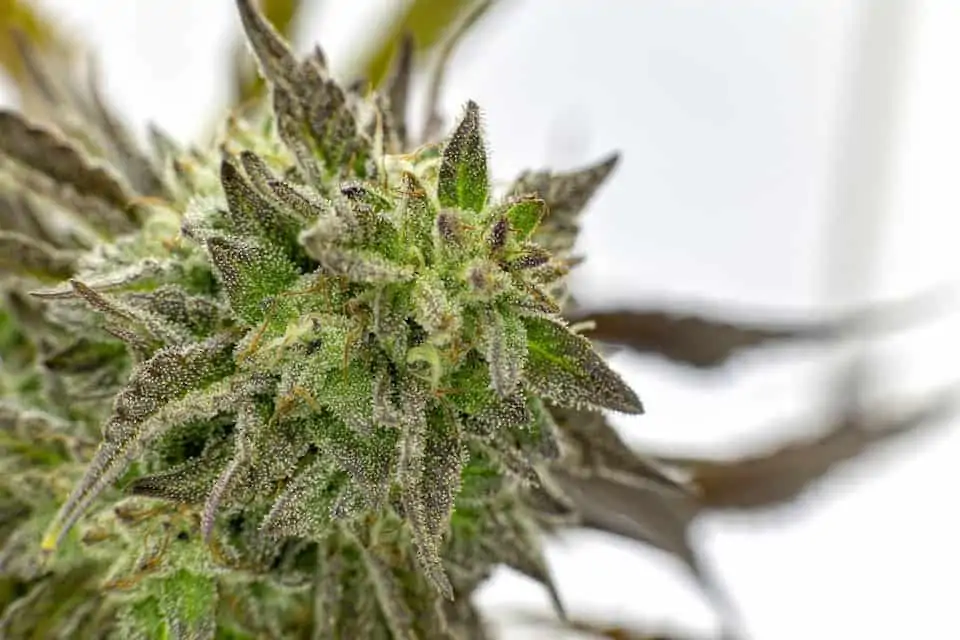
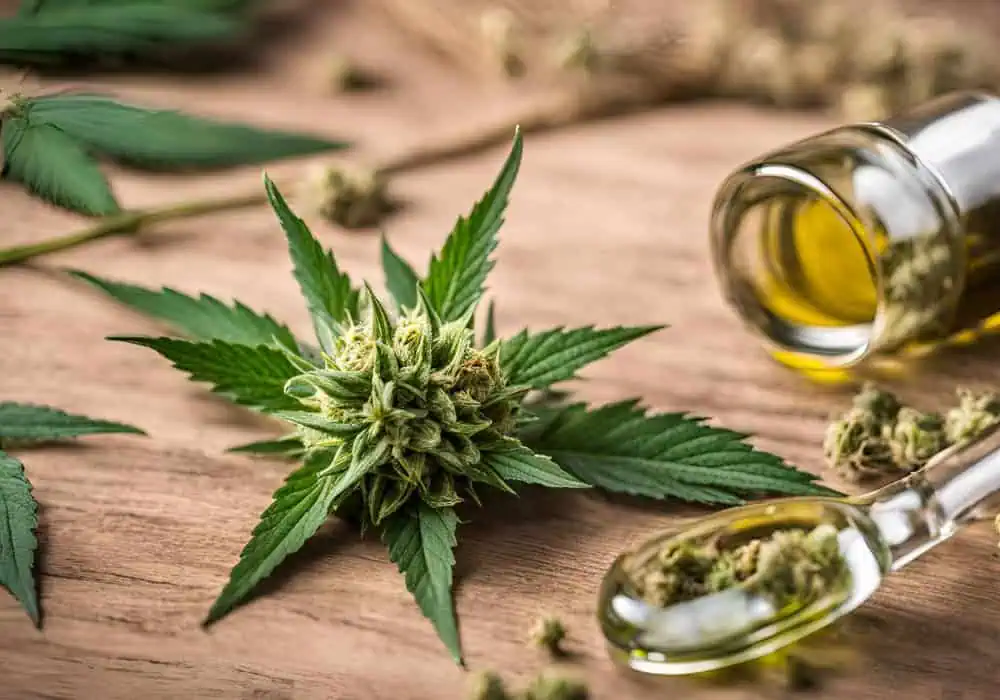


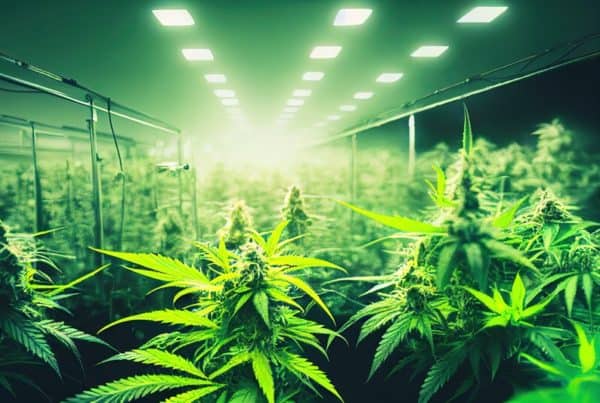
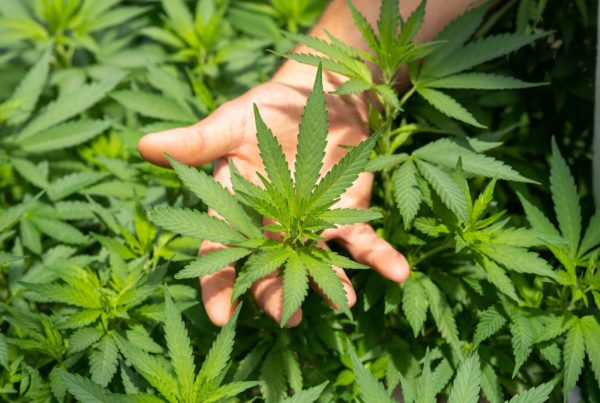
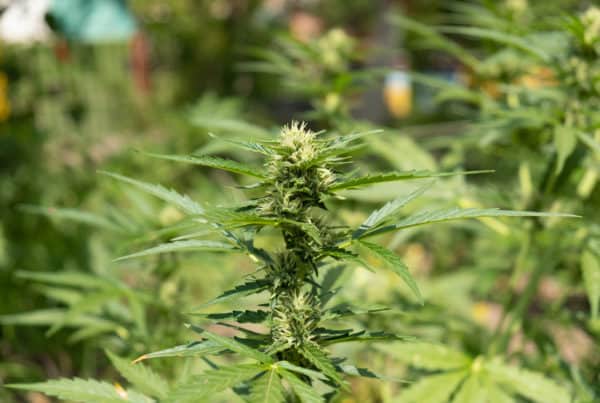



 Jeff was involved in an accident where he endured a traumatic brain injury. He had a week-long stay in ICU where brain surgeons
Jeff was involved in an accident where he endured a traumatic brain injury. He had a week-long stay in ICU where brain surgeons  100% risk free money back guarantee within 48 hours after purchase if student has not completed any of the courses or exams.
100% risk free money back guarantee within 48 hours after purchase if student has not completed any of the courses or exams.